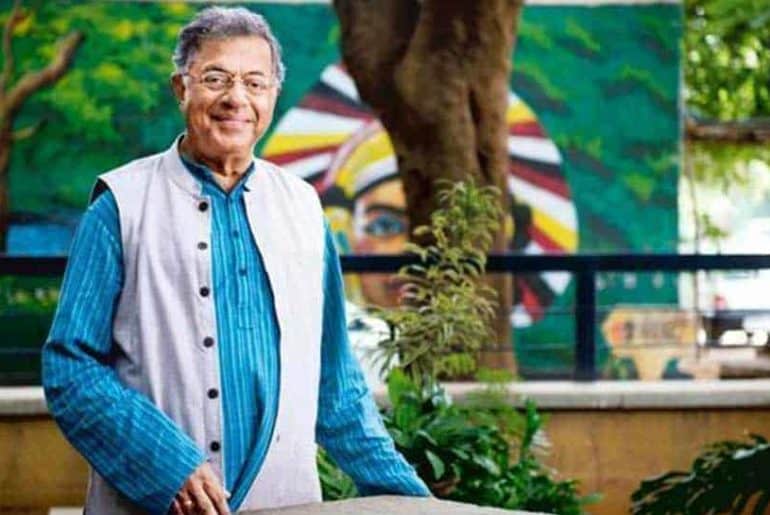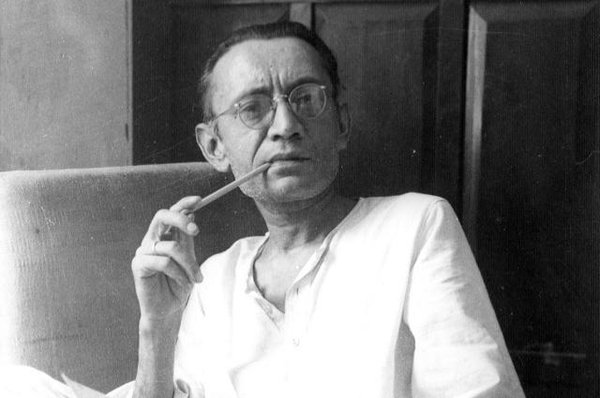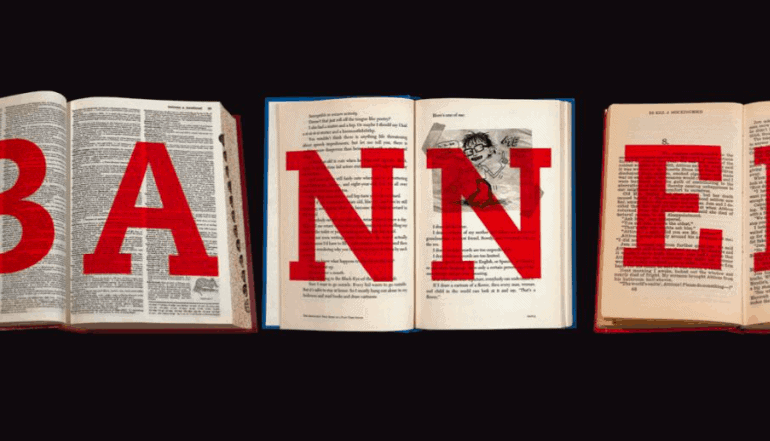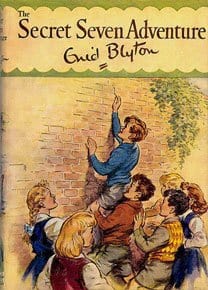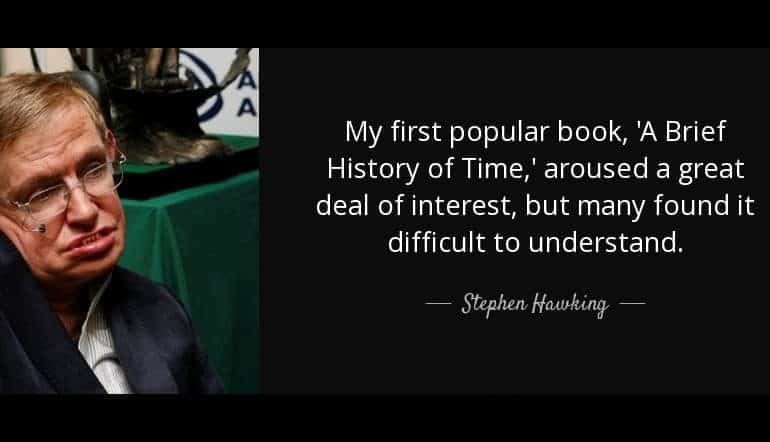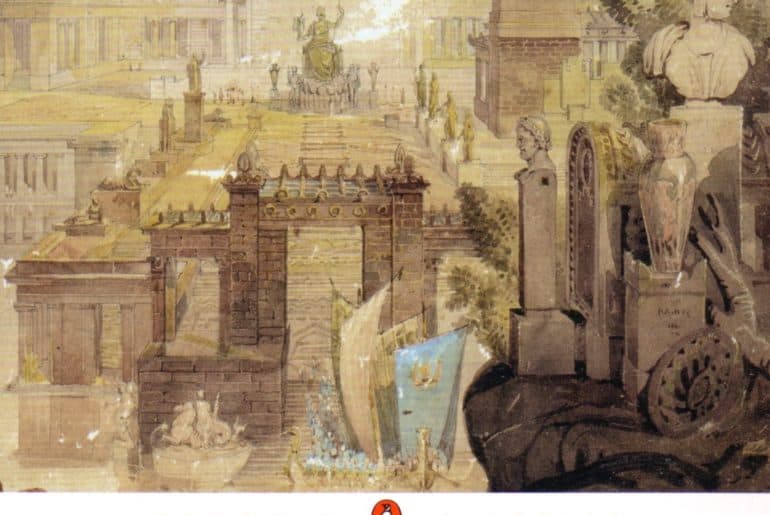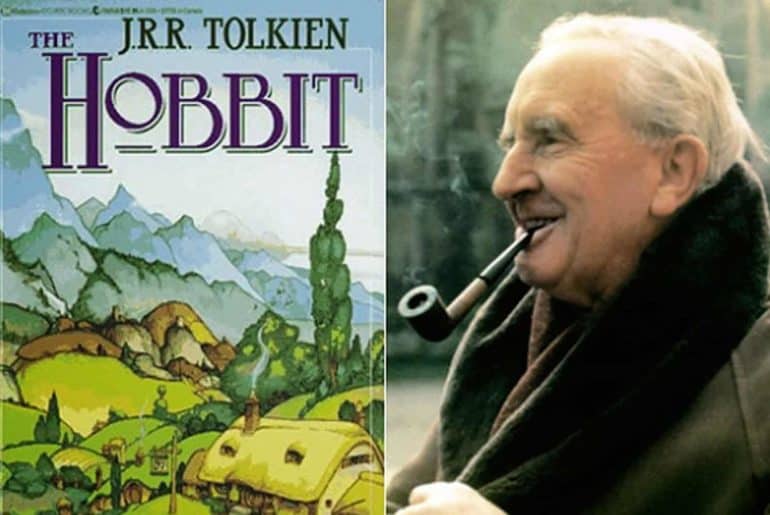India’s acclaimed writer, director, scholar, and voice of rebellion Girish Karnad passes away at the age of 81.
Girish Karnad (1938-2019) was an actor, film director, multilingual writer, playwright, and Rhodes scholar. He passed away on 10th June at the age of 81, after suffering from degenerative pulmonary disorder for some time. His sad demise has left a void in the abstract world of art and literature. One of the most revered personalities has left behind a long lasting and unfaltering legacy.
Born in Maharashtra and brought up in Karnataka, he began writing plays in Kannada at a time when they were heavily influenced by western literature and marked the coming of modern play writing in Kannada. Yayati (1961) was his first novel based on the predecessors of the Pandavas. Tughlaq (1964) till date remains one of his most acclaimed plays. He debuted as an actor and screenwriter in Kannada movie Sanskara (1970). His directorial debut was the film Vamsha Vriksha (1971) based on a novel, which also won him a National Film Award for Best Direction. He has also showcased immense talent in several Bollywood films, most recently Ek Tha Tiger (2012) and its sequel. Rakshasa Tangadi, a Kannada play on the Battle of Talikota, remains his final work.
Karnad is the recipient of several prestigious awards including Jnanpith Award, Padma Shri, Padma Bhushan, National Film awards and many more in the South and North Indian Cinema.
His contribution to activism remains invaluable. A champion of free speech, he was a critic of hard-line Hindutva and later the Babri Masjid incident. Further, he was also a proponent of secularism and multiculturalism, women’s rights, and identified as a liberal. He did not confine himself to films and plays, but fearlessly voiced himself for any cause. At an event at Bengaluru – which Karnad attended wearing a nasal tube, due to his deteriorating health – he wore a placard around his neck which said: Me Too Urban Naxal. Karnad commented, “If speaking up means being a Naxal, then I am an urban Naxal.”
In his biography, Aadadata Ayushya, he revealed how his mother intended to terminate her pregnancy when she conceived him. But due to delayed arrival of the doctor, his mother left the clinic. He went on to dedicate this biography to the doctor. Today the world mourns the death of this multitalented individual who could weave stories with colossal depth and meaning.
Kalrav Vashishtha, a first year B.A. (Honours) English student commented, “We had ‘Broken Images’ by Karnad in school, and I loved it. A few years later, I realised we just had a portion of it in our syllabus. It shocked me to the core to read the rest of the play. A masterful manipulator of words, he turns the whole play upside down with such haunting realism. We just lost one of the best writers in the country and the void can never be filled.”
His contributions in over ninety films in both Hindi and Kannada, thirteen directorial works, several plays and translations earned him places in institutes like Film and Television Institute of India (FTII), Nehru Centre in London, and Sangeet Natak Akademi, among many others.
The master playwright was cremated in a quiet ceremony. He is survived by his wife, Saraswathy Ganapathy, and two children Radha and Raghu.
Feature Image Credits: Zee News
Shivani Dadhwal

